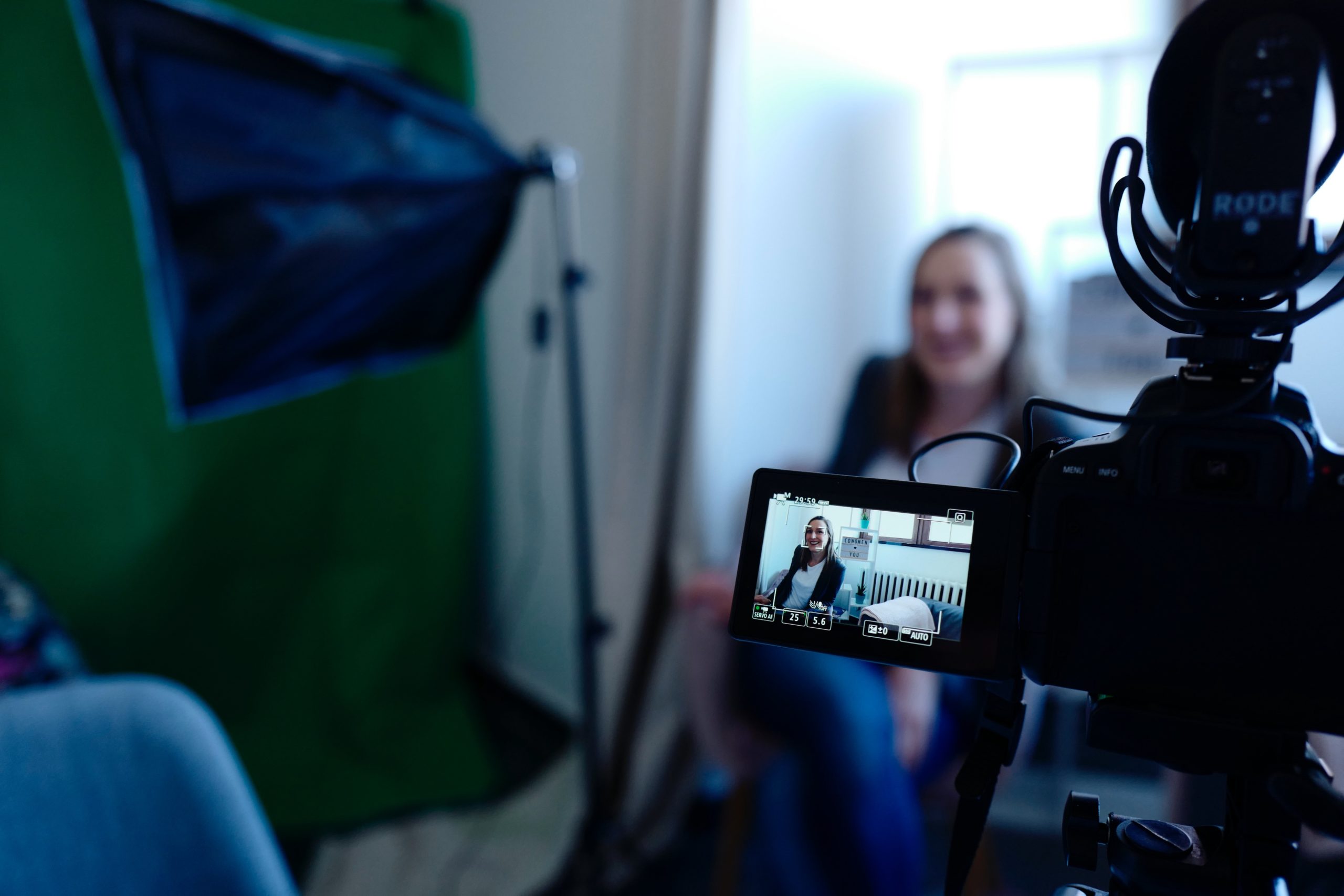Harnessing the Power of Journalists

The same skills that make journalists adept at finding and delivering the news also make them uniquely well-positioned for marketing, communications, research, strategy and storytelling.
Albert Einstein famously said that “the important thing is not to stop questioning.” Anyone who has been out to dinner with a journalist (or married to one) knows that few occupations better espouse that belief. It’s like a genetic predisposition to keep digging. There’s a set of questions baked into our DNA: Who? What? Why? Where? How? We simply need to understand.
Throughout their careers, journalists develop certain skills — whether they’re covering daily news for a TV station, interviewing an actor for a magazine profile or parsing data for a news website — that also make them adept at marketing, communications, research, strategy and storytelling work. The drive to figure out what the questions are and then answer them. Finding the people to interview. The best data sources to produce insights. Putting those answers into a compelling format. Getting it in front of the right audiences.
Granted, we are biased here at the i.e. network. Many of us were working journalists for years— some decades. IEN founder and CEO Rick Kupchella was a news anchor for more than 20 years. I started as a news assistant for The New York Times, then moved into reporting for the Associated Press, and eventually became editor in chief of Delta Sky magazine. We have formers news producers and digital editors, as well as communications experts, digital gurus and business strategists.
Why journalists make the best content marketers
The key word here is content. If it’s solid and well-aimed, the marketing rewards will follow. But knowing what goes into compelling, well-sourced, factual and timely content is part art and part science. Journalists are adept at determining what is known, what is unknown, where to find the data to get closer to answers, who to interview to find missing information and key perspectives, how to conduct those interviews and then put it all together in a way that resonates with the target audience.
Over the course of our careers, the IEN team has conducted roughly 50,000 interviews for thousands of stories. That’s a lot of conversations. And not every approach works for every interview subject. It can take dogged persistence to get the right person; then you need the ability to “read the room,” to make a connection and get the information you need. Finally taking that information and putting it into the right format (text, video, social media, etc.) with the right tone and voice so that it’s consistent with the brand and platform. Some of this process is based on strong data and the rest on pure editorial instincts.
Why journalists make the best researchers
Creating great content is a waste of time if you don’t put the time into figuring out who you want to reach and why. The more targeted your audience, based on multiple data inputs, the more effective your messaging will be. Which gets you to the ultimate goal: ROI. That might be bottom-line revenue, market share or influence.
We conduct deep journalistic research. It includes digging for information through traditional one-on-one interviews with subject-matter experts, clients, customers and outside experts and gathering intelligence with digital tools that give us unique insight into an industry, company, customer segment or targeted group of influencers. Then we apply the discoveries to identify target-specific audiences, create fact-based messaging pillars and define a content distribution plan. As journalists, we’re used to being under pressure to produce and collaborate, and (believe it or not) we thrive on deadlines.
All to create the best strategy
When it comes to designing and sharing a finely honed strategy for the client, we are diplomatic but firm. We won’t just tell clients what they (think they) want to hear. Journalists are focused on getting the right answer to a particular client challenge — one supported by research even if it’s not the expected one. In turn, we are accustomed to marrying our independent, source-agnostic content with business plans that are designed to increase profitability. Today, our goal is not only to produce influential content, but to help our clients solve complex challenges and reach desired outcomes.
Sarah Elbert is Senior Director of Content Strategy at the Informed Engagement Network.
Photo credit: Pexels

